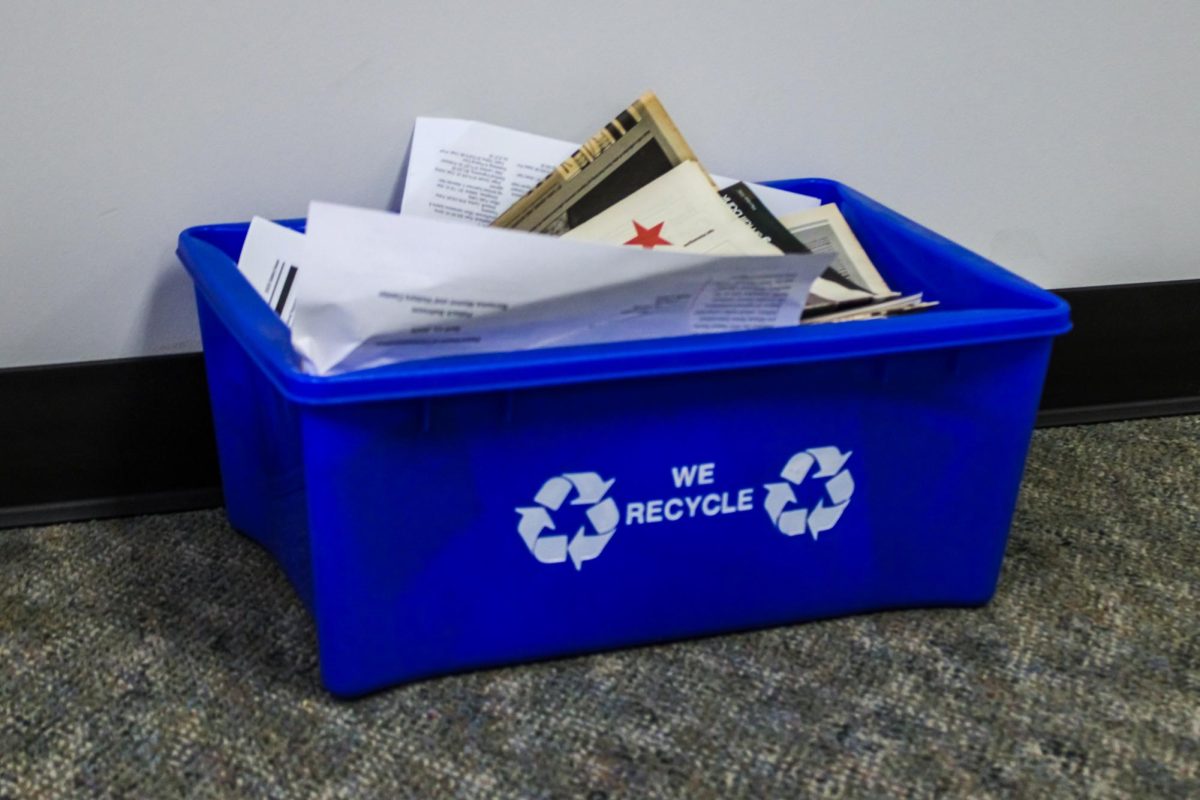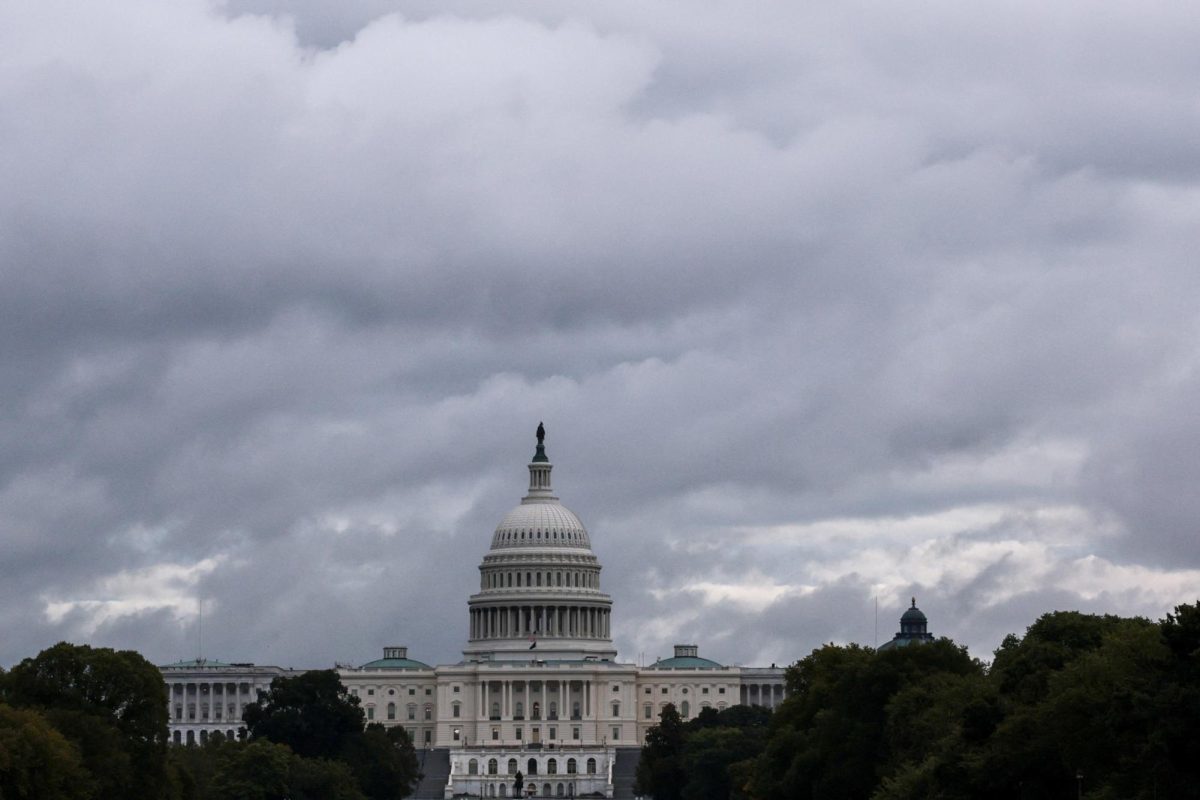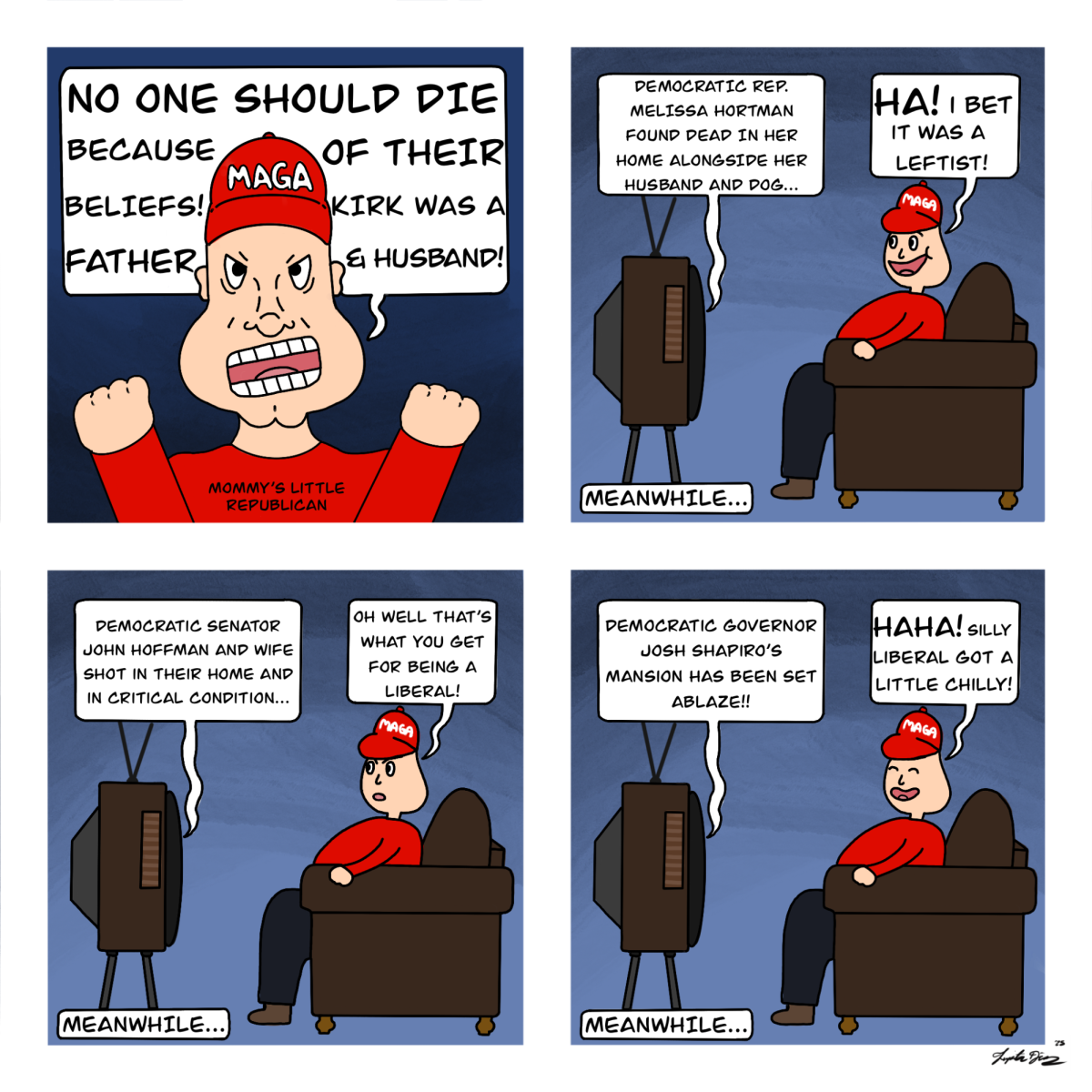A recent decision by a federal court in the District of Columbia ordered the Department of Government Efficiency to comply with requests through the Freedom of Information Act (FOIA). United States citizens should FOIA for their personal information being reviewed by DOGE.
The order followed a lawsuit from the group Citizens for Responsibility and Ethics in Washington (CREW) against DOGE for withholding information requested through FOIA.
The Freedom of Information Act – implemented in 1967 – requires all federal agencies to provide information to any citizen upon official request, with nine specified exemptions.
“It requires government agencies subject to it to make available their records or certain records upon request. And you don’t have to be, you know, you can be a citizen, or you don’t have to have, like, special status in civil society to get those documents,” said Gregory Elinson, an assistant professor in NIU’s College of Law. “It’s a powerful tool. It’s another mechanism of accountability. And it’s a way that people can see the inner workings of the government, and so it’s another lever that people can pull for good or for ill.”
Unsurprisingly, the Trump administration requested Judge Casey Cooper reconsider his decision of CREW vs. U.S. DOGE Service, but the request was – thankfully – denied.
DOGE has insisted its records are not subject to FOIA because it is not classified as a federal agency and claims to be protected by the Presidential Records Act. The administration has also claimed that other federal agencies are behind recent cuts, not DOGE.
However, these claims align extremely poorly with interpretations of DOGE commonly expressed by both Musk and President Trump themselves, which Cooper highlighted in his opinion.
Numerous other non-profit and watchdog groups have sued DOGE with similar complaints, including American Oversight and the Project on Government Oversight.
Everyday citizens can, and should, demand transparency from DOGE too.
Maryland Rep. Jamie Raskin has been at the front lines in holding DOGE accountable to the Freedom of Information Act.
Alongside the Virginia Rep. Gerald Connolly, Raskin has FOIA’d for information about DOGE’s involvement in the recent large-scale federal firings, DOGE’s access to sensitive data, conflicts of interest among DOGE staff and more.
Raskin also FOIA’d for his own personal information and created a template for the public to follow suit.
Given the administration’s consistently outrageous actions, it would likely be false hope to expect DOGE will comply with FOIA requests anytime soon.
However, it is still in the interest of the U.S. citizen to FOIA for their personal information.
At the alarming rate Musk and Trump are attacking federal agencies, ignoring checks and balances and threatening fundamental freedoms outlined in the Constitution, it has become the responsibility of citizens to utilize their civic voices alongside political leaders.
To request access to personal information obtained by DOGE, you can submit this FOIA pre-made by Raskin or access it through his website. Print the FOIA out, fill out the blank spaces and mail it to the U.S. Department of Government Efficiency and the United States Digital Service at 736 Jackson Place, N.W. Washington, D.C., 20503.




















